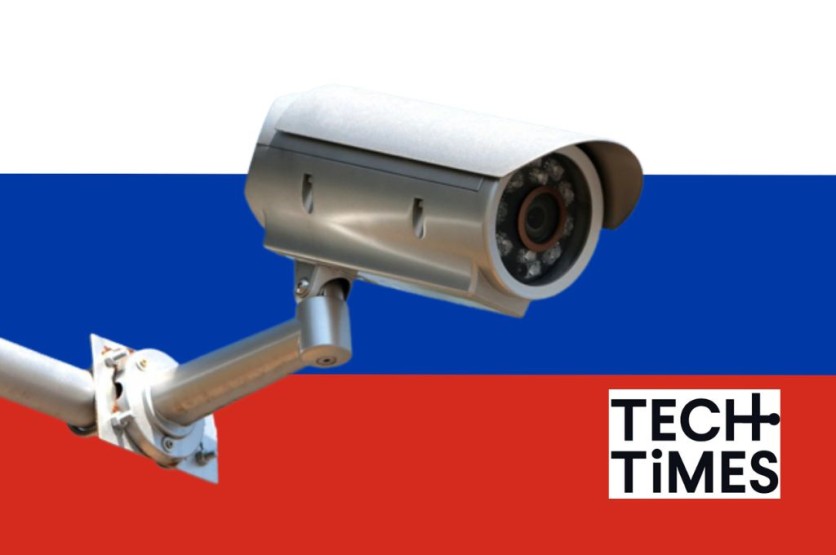
In an alarming twist of events, Russian journalist and activist Yekaterina Maksimova finds herself entangled in the web of Moscow's pervasive facial recognition system.
As detailed in an AP report shared by ABCNews, this unsettling development sheds light on the government's extensive surveillance apparatus, resulting in multiple detentions for Maksimova over the past year.
As the Russian authorities tighten their grip on monitoring tactics, such as social media scrutiny and expanded surveillance cameras, activists like Maksimova are facing an increasingly daunting challenge of eluding the watchful eyes of the government.
Pervasive Facial Recognition System
Within Moscow's subway system lies a new battleground, a "cyber gulag," as mentioned in the report, where individuals like Yekaterina Maksimova navigate through a sea of facial recognition technology.
The government has strategically installed an extensive network of surveillance cameras armed with cutting-edge facial recognition algorithms, aiming to monitor citizens' movements and activities.
Read Also : Senators Issued Satellite Phones for Emergency Communication: Heightened Security Measures Revealed
Unfortunately, this invasive measure has produced false positives, leading to the unwarranted apprehension of innocent individuals flagged as suspicious.
Monitoring Social Media Accounts
The Russian government has intensified its efforts to scrutinize its citizens' online activities.
Reuters reported in February 2022 that Moscow confirmed the partial restriction of Facebook access, accusing the Meta-owned platform of "censoring" Russian media a day after the country invaded Ukraine.
Authorities meticulously track and censor content posted by users, creating an atmosphere of fear and self-censorship within the Russian internet community.
Several reports suggest that dissenting views or criticism against the government can swiftly lead to prosecution, eroding freedom of expression and stifling open dialogue.
Online Censorship and Website Blocking
In its quest for information control, the Russian government actively blocks and removes web pages it deems objectionable or containing prohibited content.
Shockingly, 2022 witnessed the highest annual total in 15 years, with over 610,000 web pages blocked or removed. This widespread censorship severely curtails free expression and restricts access to vital information for Russian citizens.
In fact, independent internet watchdogs in 2022 reported that Russia had blocked an average of 4,900 websites per week.
Criminalization of Antiwar Sentiment
The same AP report highlights a troubling trend, with laws criminalizing antiwar sentiment and disseminating what the government deems as "false information" about the army or state bodies abroad.
These laws have led to a surge in prosecutions and criminal charges against individuals expressing dissenting views online. Consequently, opposition voices are systematically silenced, and the cherished freedom of speech faces erosion.
Since 2014, Russia has implemented stringent laws targeting social media users and online speech. CSMonitor even reports that the government urged sites to share all available information with authorities.
The resulting surge in criminal cases against individuals for their posts likes, and shares on platforms such as VKontakte, Facebook, Twitter, and Instagram is deeply concerning.
The ambiguous definition of "extremism" empowers the government to arbitrarily target and persecute individuals expressing their opinions, further stifling open discourse.
Russian Remains Under Extreme Censorship
As the Russian government expands its surveillance apparatus, the plight of activists like Yekaterina Maksimova underscores the constant scrutiny, detentions, and restrictions on their freedom.
The pervasive facial recognition system, monitoring of social media accounts, online censorship, and harsh anti-extremism laws have created an environment where dissent is met with punitive measures.
Stay posted here at Tech Times.

ⓒ 2025 TECHTIMES.com All rights reserved. Do not reproduce without permission.




